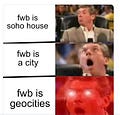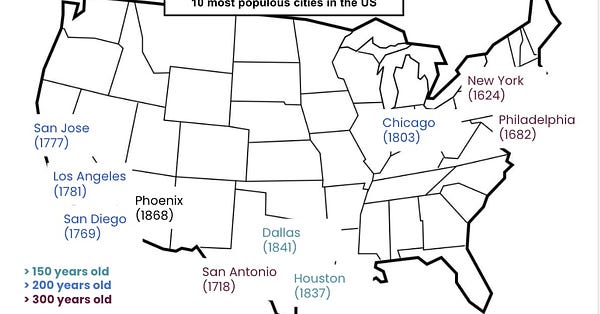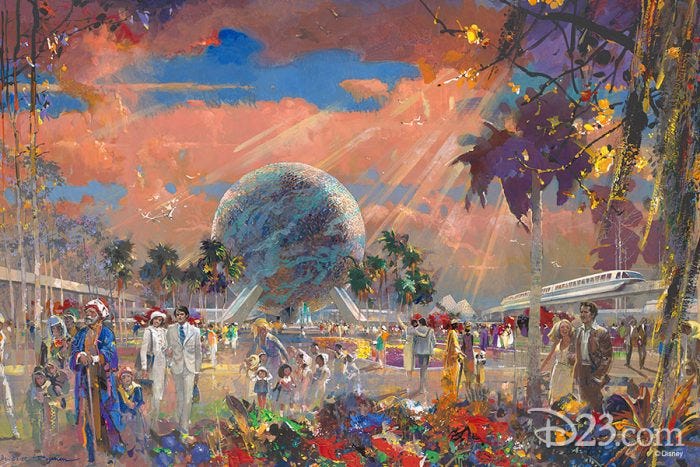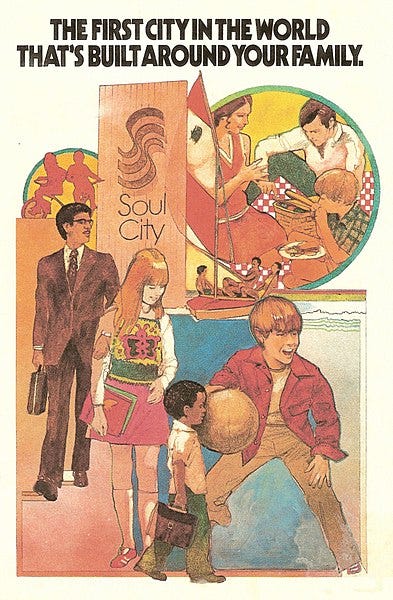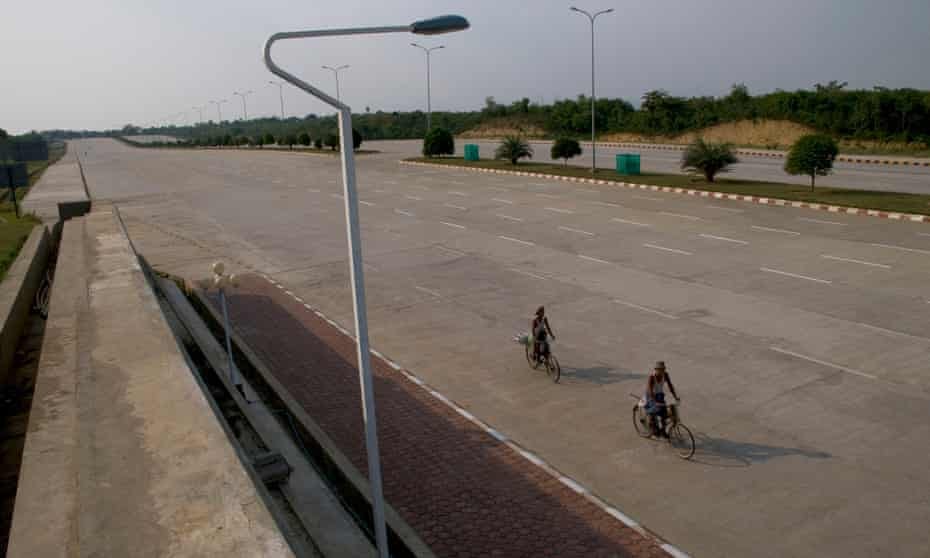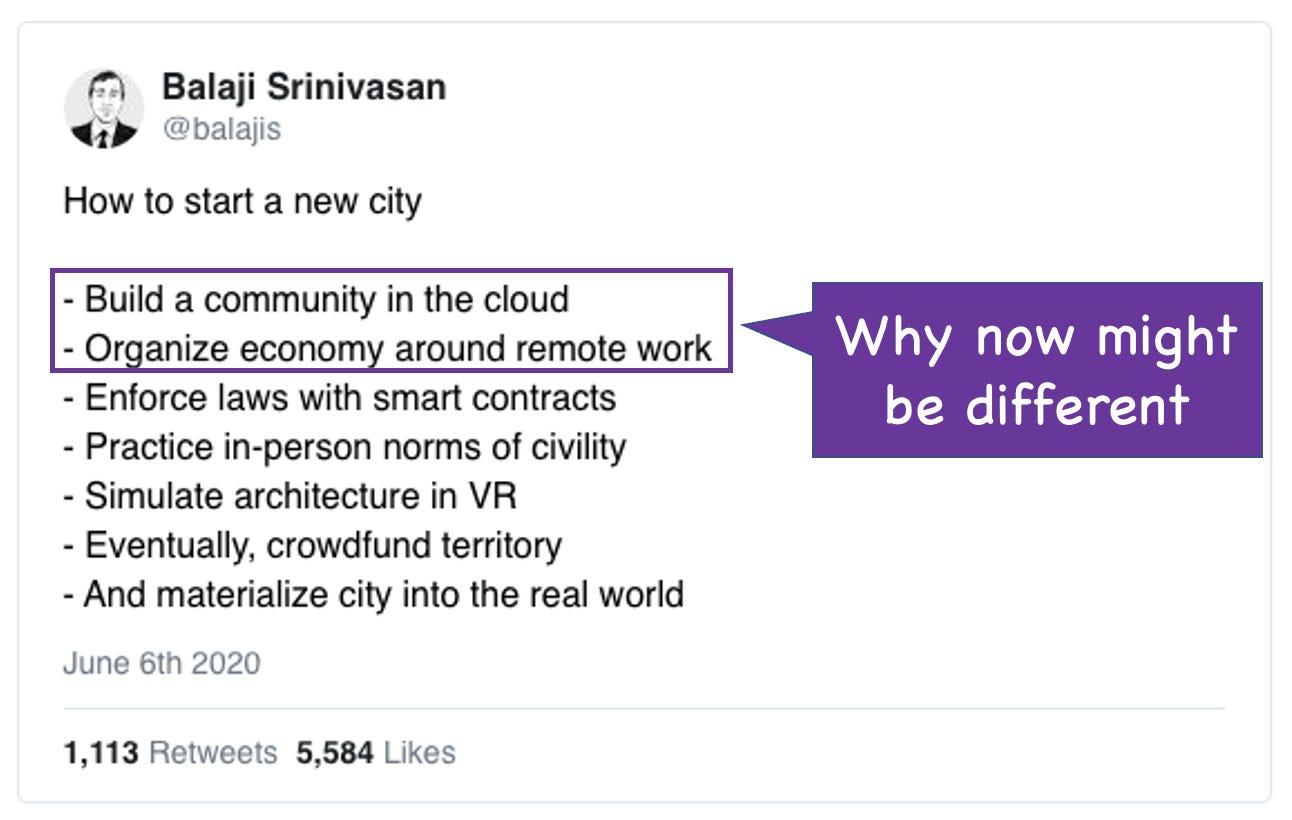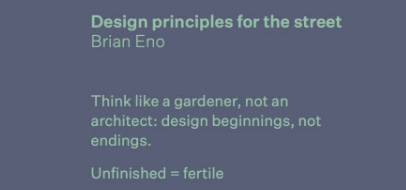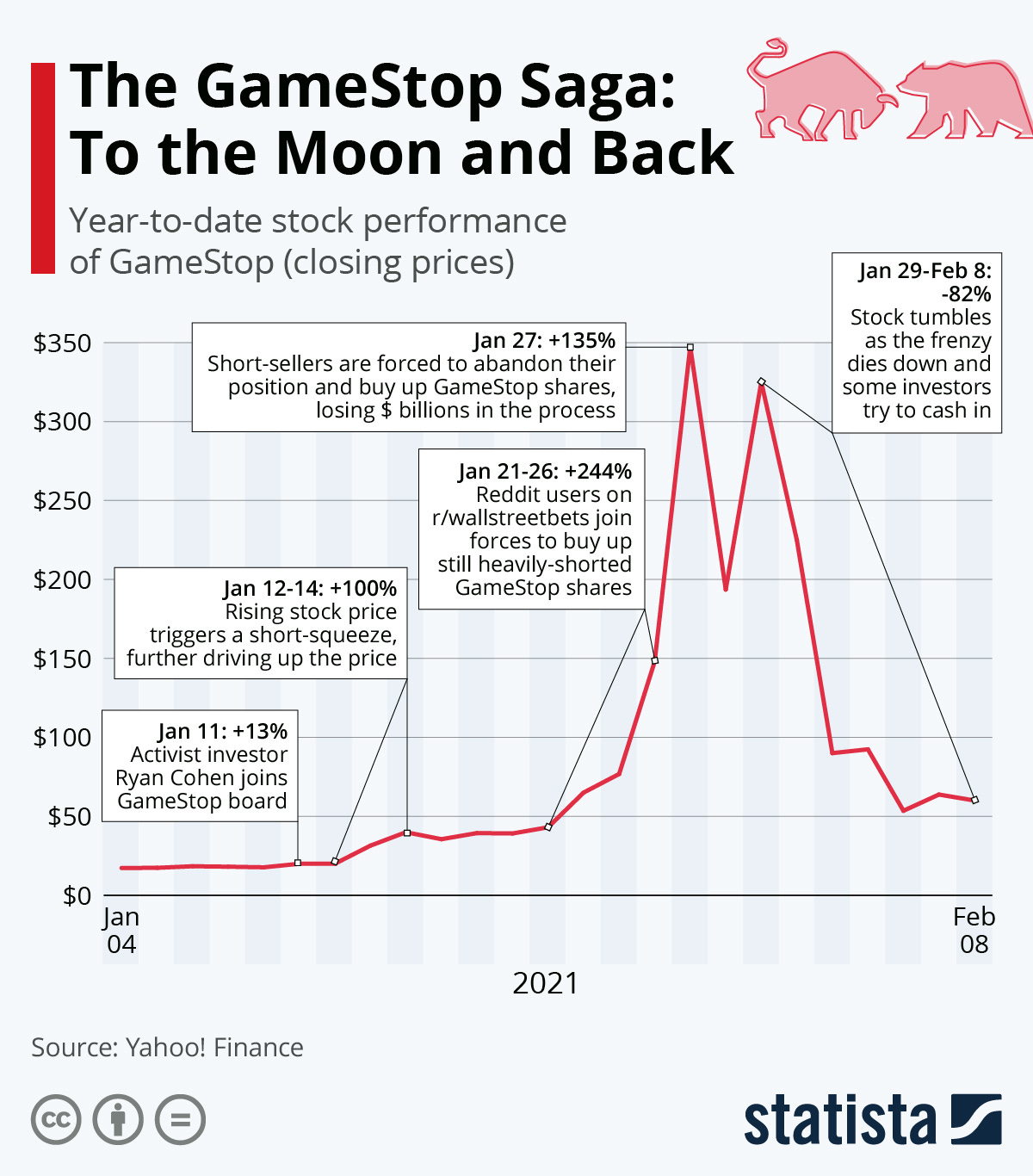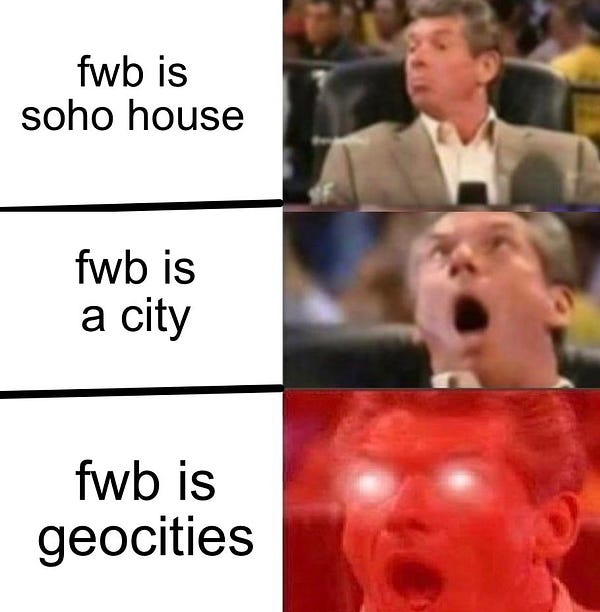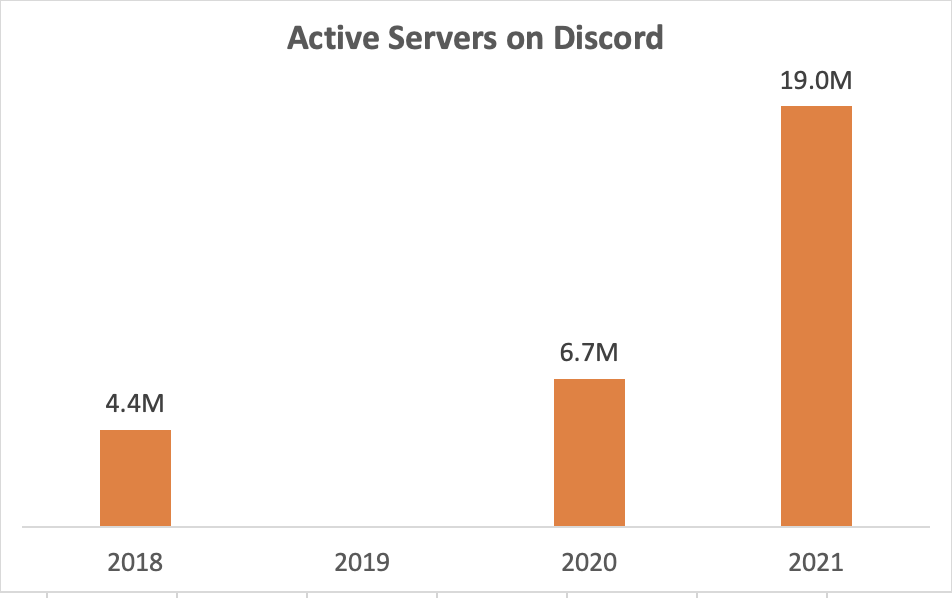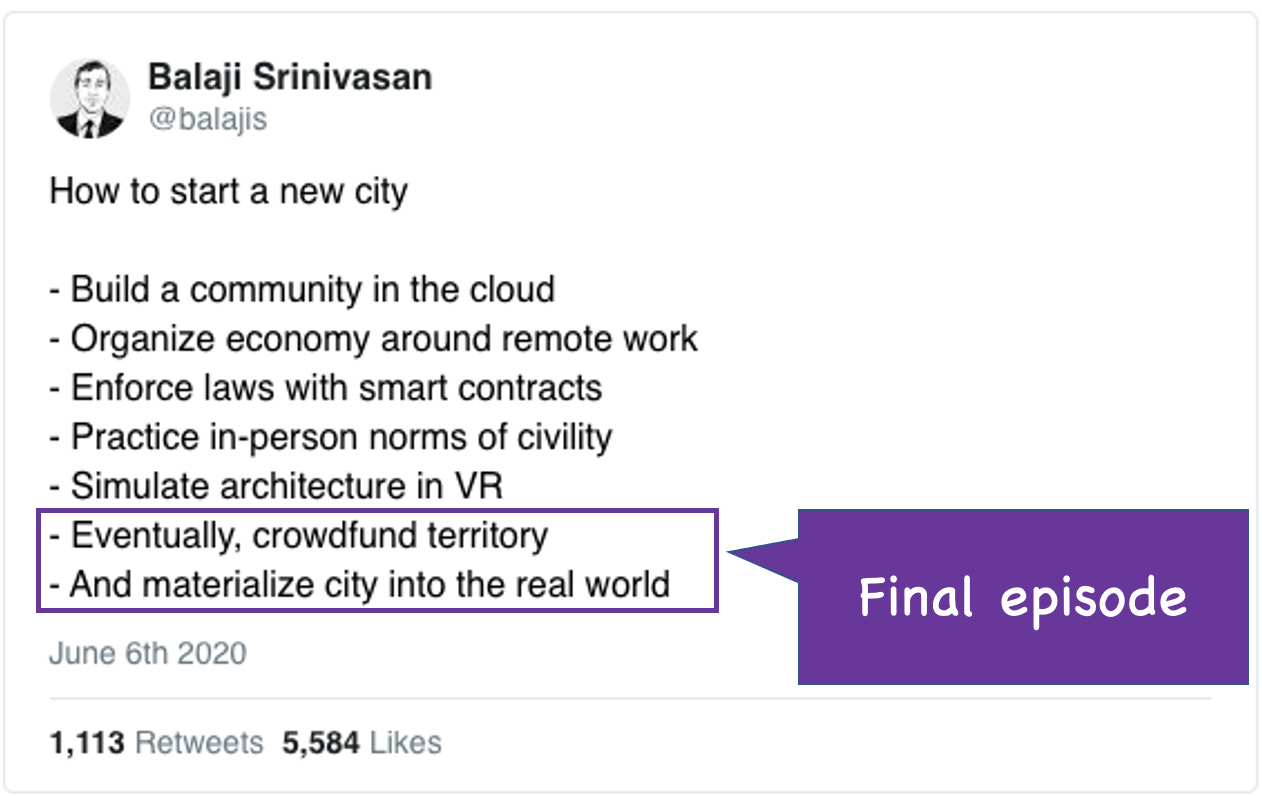As a reminder, we are doing a 3-part excavation of a single 55-world tweet. And Balaji himself took notice, so we must soldier on.
The original tweet is a 7-step process on how you might go about starting a new city.

In part 1 we covered the premise: Why start new cities in the first place?
In part 2, we'll engage in dialog with the nagging voice in our collective psyche that says "NO THIS WON’T WORK. ALL ATTEMPTS TO DO THIS IN THE PAST HAVE FAILED"
I hear that voice.
And the response to that voice will be "but maybe this time is different." Maybe.
The checkered record of startup cities projects
"Checkered record" is generous. It's a bloodbath out there.
Here’s a database I started on past and current startup city projects. And yikes … not a lot of recent success stories, especially in the US.
[Let me know what’s missing from the database - thedizziness@substack.com]
Some examples:
EPCOT (Florida - 1966)
Did you know EPCOT was a startup city project before it was a theme park? The Experimental Prototype Community of Tomorrow was originally exactly that.
The project was abandoned in 1966 after Disney’s death but elements were folded into the Disney theme parks including the monorail and utilidor systems.
Soul City (North Carolina - 1974)
Soul City - a vision of businessman and Civil Rights activist Floyd McKissick - was intended to be a new town built from the ground up and open to all races, but placed emphasis on providing opportunities for minorities and the poor.
The project secured a 5,000 acre plot of land, $17m in initial funding, and had a goal of 44k residents. A few dozen pioneering families made the move, but the city never really took hold.
A few factors contributed to the failure (including a politically-motivated audit), but most pressingly, was the lack of jobs. People couldn’t make a livelihood in the greenfield city and businesses had no reason to move there.
Naypyidaw (Myanmar - 2003)
Naypyidaw is a classic government-mandated “new capital” city. Brasilia and Abuja are other examples. Because of the backing of national governments, these cities do tend to get financed and launched. But they don’t end up feeling as successful as other organic cities. They have all the infrastructure of a city - roads, internet, hotels, offices - but lack that je ne sais quoi of city-ness.
A quote from a resident of Naypyidaw:
“It’s not very interesting here. Most people are not that happy; they are just living here because they can earn money, because they can work here.”
You might say these places suffer from a lack of soul and fail to create the dynamism that attracts people to urban areas for their own sake.
A pattern you might notice
If you read more of these startup city stories, you start to detect a bit of a pattern. Two things that commonly sink these aspirational projects:
1. No economic engine: The failure to provide livelihoods to the new residents.
2. No soul: The failure to develop culture, dynamism, a reason for existing outside of a mandate.
The optimist’s case: Why now might be different
Balaji points to two things that might be different now.
1 \ Remote work means you don't need an economic engine
Even though it’s super important, I won't belabor the first one because it's fairly obvious.
In a world where people take their jobs with them, cities don't need to provide jobs anymore to be successful. And job-light cities can compete on more equal footing with job-dense cities.
You no longer have to do what Arcosanti did - selling bells. You just have to attract people that have portable jobs and incomes.
One example of this: The state of Florida. People bring income earned elsewhere into Florida’s retirement communities. They don't need to provide jobs. The Villages - perhaps the most successful recent startup city - is an example of this.
Caution: It remains to be seen whether a city’s economic engine can bootstrap itself entirely off of remote work. You’d have to believe that remote workers can form an economic core, with other jobs materializing around them to fill out the local economy - e.g. doctors, construction workers, restaurant staff, etc. This may also have you (rightly in my mind) worrying about elite enclavism or institutional classism in these new cities.
But it at least makes kickstarting the economic engine easier than in the past.
2 \ Maybe you can export online soul?
This one is probably less obvious.
Balaji predicts that new cities will not attract residents in the same ways they have in the past. New cities will be incubated online.
Build the city first on the internet, then find a place for it IRL.
My way of thinking about this is exporting soul.
When we talk about the soul of a city, what do we mean?
It’s the pace of interaction (slow in San Diego, fast in NYC)
It’s the norms of behavior (Singapore cleanliness, Berlin grittiness)
It’s the traditions (Mardi Gras, Bay to Breakers)
It’s the cultural artifacts (NY Bagels, Austin BBQ)
It’s the social fabric and web of connections (community groups, artists collectives)
It’s the nesting fractal of sub-groupings within the larger city (neighborhoods, blocks)
And what makes soul hard for a startup city, is you can’t “design” it into existence. It happens organically, slowly, over-time. And limited by our social-cognitive ability as human beings, i.e. the speed of our ability to form connections, absorb norms, develop a sense of shared identity etc.
Organic beats designed every time.
It’s why old cities feel more soulful than new cities. Why Rio feels more soulful than Brasilia and Shanghai feels more soulful than Shenzhen.
Claim: Online communities (like cities) can have real soul.
Take r/WallStreetBets for example. It’s equally about the memes as the bets. There’s a way of behaving, interacting, speaking. Love it or hate it, there’s a whole lot of culture, connection, and shared understanding there. There’s soul.
And last year we became aware of just how real that community is, despite existing solely online.
Which existing communities might be in a good position to start a city
Could r/WallStreetBets actually start a city? …. probably not. But let’s think of who might.
This is quite speculative, but play along with me, wontcha?
FWB
Friends With Benefits (fwb) is a token-gated DAO. It’s held together by nothing but the strength of the online community, represented in the value of its token.
FWB has people, norms, resources. Many of its participants work remotely. If FWB pointed the way, would their community follow? And would people follow them? And would they be able to seed culture, norms, social connection, and soul in a startup city?
Burning Man
Burning Man has a community hundreds of thousands of people strong and 10 Principles that guide norms of behavior.
Besides - they already build a city of 80k people every year!
And they already have land. Fly Ranch is a 3800 acre ranch outside of Black Rock City (where Burning Man is held) whose goal is to “establish a permanent home for Burning Man.” And while their mission is not explicitly to build a startup city, it doesn’t take a giant leap of imagination to imagine Fly Ranch becoming the seed of something that grows beyond Burners fed by Burner soul.
Crossfit
Ok, bear with me here.
A committed group of people, a common set of values, financial resource, shared identity and goals.
You could imagine a CrossFitopia built around the idea of a city that makes you healthy.
What would a CrossFit city look like? You’d likely see public gyms as a centerpiece, running trails everywhere, plenty of lycra on the streets, and bans on fast food.
If you wanted to spend a couple years getting serious about your health, a stint in CrossFit City would be the best choice you could make.
A Cambrian explosion of online community?
There’s no good way to measure this, but the growth of servers on Discord points to an explosion of online communities.
This is driven by a new internet-native generation adept at making deep connection with other people online. And some of those will yearn to see those connections instantiated in the meatspace.
Perhaps the way to see those 19m Discord servers is the top of funnel that will seed our next startup cities. And in that case, we might be at the dawn of a startup city flourishing.
[or maybe, we are deluding ourselves and that skeptical nagging voice in your head is still right…]
Next time
We'll talk about the thing that stymies most ambitious real estate projects in their tracks: Financing.
[Note: I borrowed Devon Zuegel’s terminology “startup city” for this instead of “new city” or “greenfield city”, but they mean the same thing]
